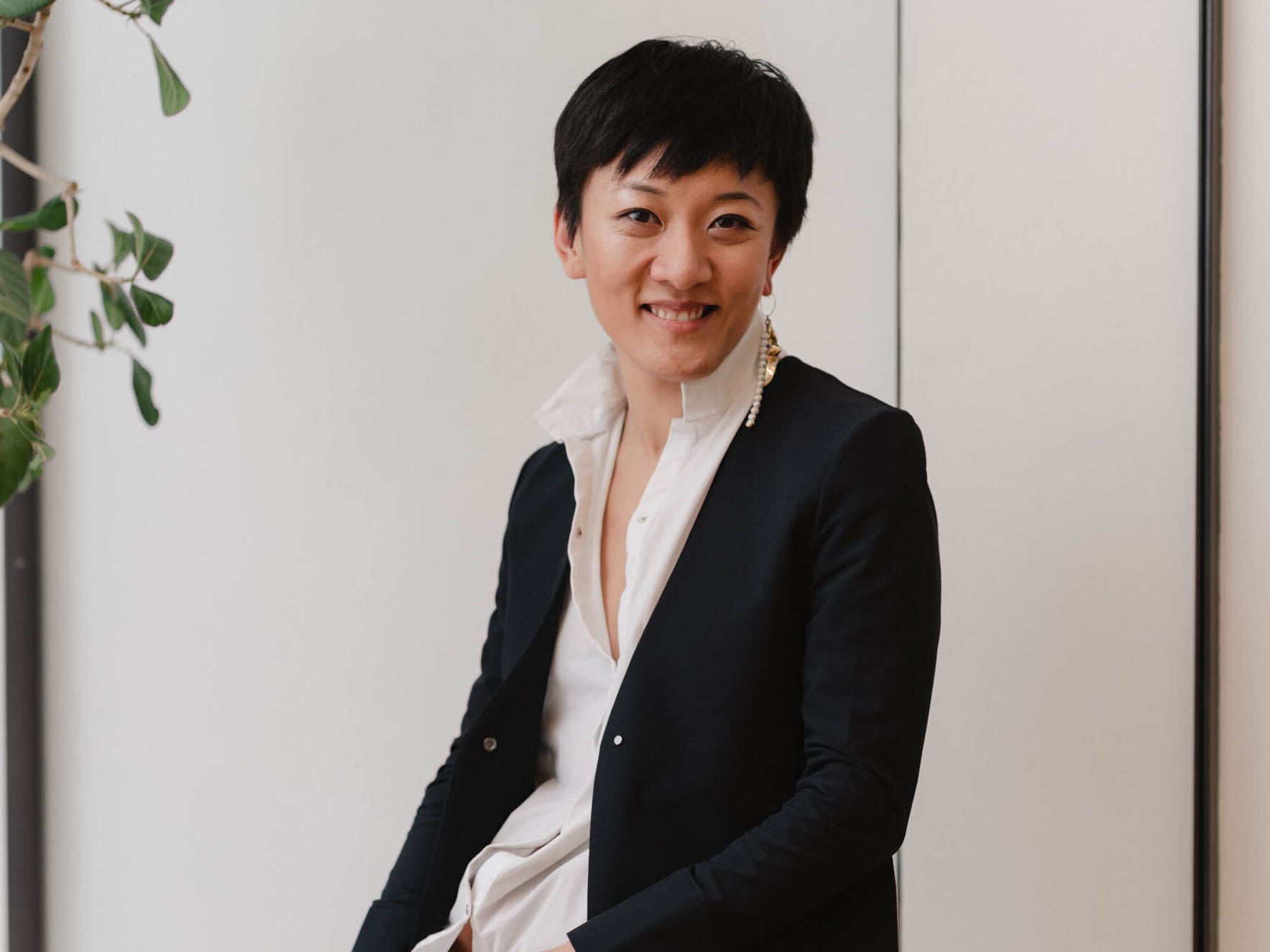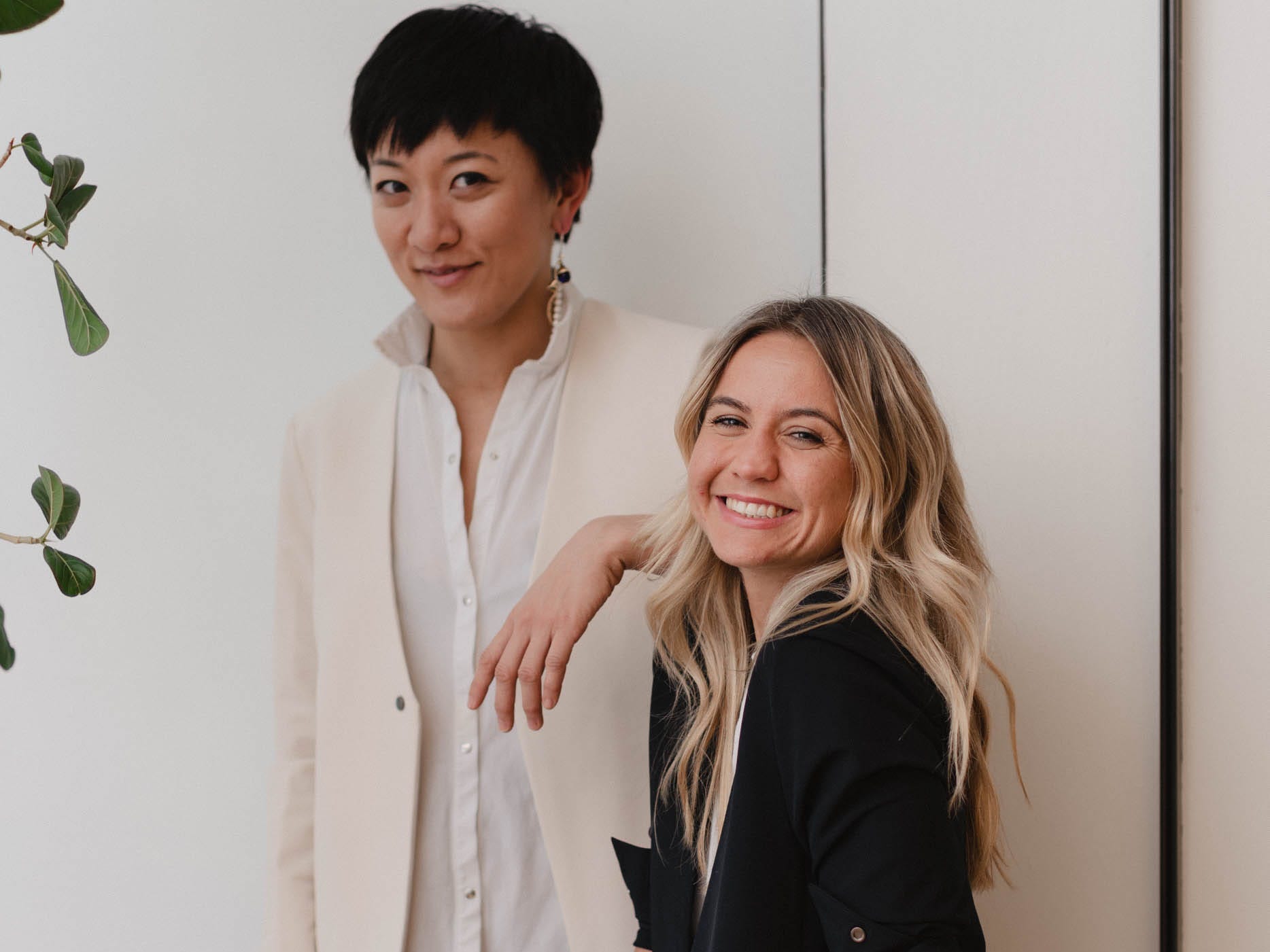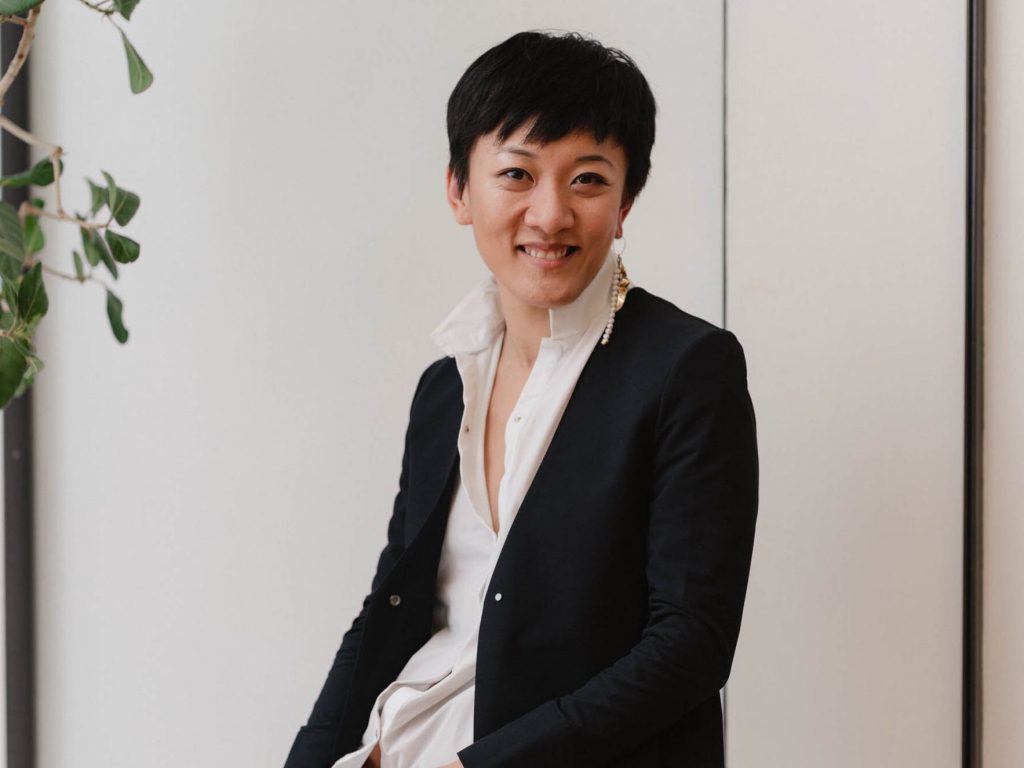
Bridget Badore
- Meg He, 33, is the cofounder of ADAY, a fashion brand that creates sustainable professional workwear.
- After leaving a career in finance and venture capitalism, He started ADAY with former Goldman Sachs coworker Nina Faulhaber.
- This is what running her business is like, as told to freelance writer Claire Turrell.
- See more stories on Insider's business page.
I've always had an entrepreneurial spirit and liked to set myself a challenge. At 15, I started selling vintage designer clothing on eBay. When I was applying to college, I applied to Merton College at Oxford University for economics and management as I was told it was the hardest course to get on to in terms of acceptance rate. But I did it. After graduation in 2008, I was hired as an analyst at Goldman Sachs.
At Goldman, I met my future ADAY cofounder Nina Faulhaber. We both have strong work ethics and hit it off immediately. After two years working at Goldman Sachs, we both started working for different venture capitalist companies, and I later worked for Poshmark before taking time off to return to the UK in 2014. Nina and I always stayed in touch and bounced business ideas off each other, and my move back home became the trigger for starting ADAY.
Even while working at Goldman Sachs, I knew finance wasn't the right industry for me.
When I looked around the room at my fellow analysts, I could tell they enjoyed the job more, were more motivated, and were better at it than I was. I had an inner ecommerce geek that needed to get out – I thrived on marrying insights with consumer psychology and behavior and I also loved the way fashion could make people feel empowered.
As businesswomen who loved to work out, Nina and I had the idea of launching a workwear collection that was as comfortable as gym wear. We spent 12 months travelling to fabric mills in Italy, visiting sustainable factories in Portugal and Los Angeles, and holding focus groups in the UK. In January 2015 we launched our sustainable fashion brand ADAY with a capsule collection of leggings, shorts, and tops, all made with recycled UV-protected fabrics.
While we had big plans, we started small. I had quit my job and then Nina quit hers. From networking and telling people about our plans, we raised about $200,000 to launch the brand.
Our first meetings were held in coffee shops, and we even took an investor conference call in a parking lot.

Bridget Badore
We had just three full-time members of staff (Nina, myself, and a junior designer), and the former head of womenswear for Everlane as a consultant.
While we always had faith in what we were doing, it was comforting when we started to see our plans pay off. After a pair of our leggings sold out, we decided to launch more items like swimwear and to work on new fabrics, like moisture-wicking linen and fabric made from recycled water bottles.
Raising money to expand globally was a slow but steady journey.
In November 2017, we were able to raise $2 million in funding. Two years later, we raised another $8.5 million. This gave us the chance to expand to the US, and in the fall of 2019, we opened a 3,000 square foot office in New York, a store in San Francisco, and launched a travel-inspired collection.
But when the pandemic struck in March 2020, we had to go back to the drawing board. Our team of close to 30 people started working from home, we sublet our New York office, closed the store, and pushed back our product launches to 2021 and 2022. However, as more people were looking for comfy clothes to wear for working from home, our sales were still up, which thankfully gave us time to launch Made Again, where we rework over-ordered stock into new pieces.
My work schedule is always changing - I'm often most productive between 8 p.m. and 1 a.m.
I start each day by walking my dog around my neighborhood in New York. Then I have virtual meetings from 9 a.m. to 6 p.m. with investors, potential partners, and staff. I block out two hours each day for deep work, where I fixate on a goal for the business.
As I compete in Brazilian jiu-jitsu, I tend to keep my days flexible. I go to the BJJ academy five to six days a week and take strength and conditioning classes at the gym. At the moment I am training for the IBJJF World Master Championship in Las Vegas in November. My workouts change depending on how close I am to competing, so if I'm training for one to two hours in the afternoon, I'll work more in the evening. I get a lot of my best work done between 8 p.m. and 1 a.m.
The key to being a successful entrepreneur is to be honest about what you're good and bad at.
If it's not your skillset, hire someone to do it and don't waste time trying to do it yourself. It's also important to have a supportive network of people around you who understand what you're going through. And if you have an idea for a business, don't tell it to everyone. It's like announcing a baby name - everyone has a different opinion, and not everyone's opinion should matter.
While investment banking wasn't for me, it did teach me a lot. The meticulous attention to detail working at Goldman Sachs is something I've never seen anywhere else. That commitment to excellence is something I always think about. When Nina and I are faced with a challenge, we'll put in the work to make it A+++ because that's the training we were given.
When we thought about launching ADAY, we were just two women who knew nothing about fashion design. Our experience in finance and venture capitalism taught us to be audacious and embrace being a more antagonist start-up to improve the standards of the industry.
